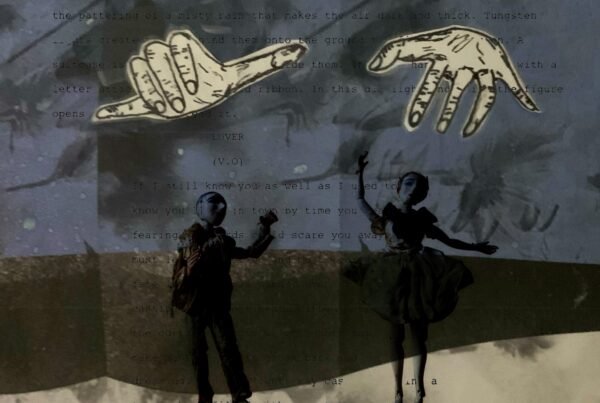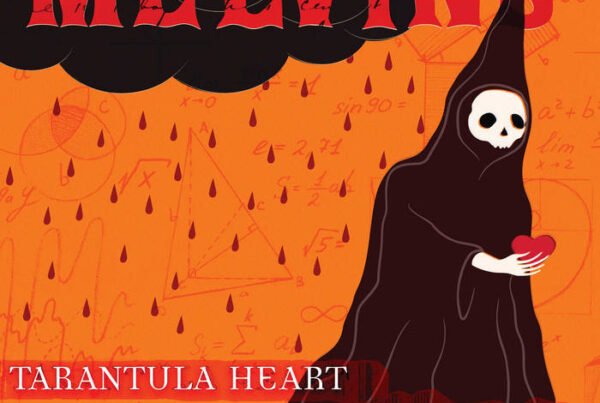O.R.k. deliver a solid supergroup package that effortlessly stands on its own merit, with a couple of nice quirks along the way.
Release date: February 22, 2019 | Kscope Records | Website | Facebook | Twitter
O.R.k. is an amply decent supergroup comprised of members from Porcupine Tree, King Crimson, Marta sui Tubi, and Obake. And it’s testament to the talent of these musicians that they can formulate such a solid mission statement between their respective identities. Ramagehead is their latest outing. It demonstrates a vast source of musical wisdom, and throws a lot of clout at the listener.
An extra shout-out goes to Tool‘s Adam Jones for designing the album’s suitably trippy artwork. So, as one can tell, this project is a true meeting of intellectual/musical minds. And I’m pleased to clarify that this highbrow gathering have in no way abused the privilege, instead engineering a humbly clever and engaging road-trip for the senses.
So what do you get when you merge such a prolific lineup? Well, in this case, you get something slightly above the expected. Exceptional songwriting comes as standard, but the shining moments really come to light when the band become something more than the sum of their parts. Even at this stage in their careers, there still appears to be room for inventiveness. Songs like “Signals Erased”, with those irresistibly cool harmonic barrages, show a desire for ideas outside of convention, even though O.R.k. are a line-up who, technically speaking, have nothing to left prove.
But in the more familiar moments, Ramagehead is epic, rocking in parts, proggy and faintly grungy, all in an old-boy 90s kind of sense. From the outset, opening track, “Kneel to Nothing”, has a faint faithfulness to the musicians’ musical roots. So ultimately, this past-plus-future experience has enough substance to appease a wide head count, and in a manner bearing a fair amount of class.
Another highlight comes in the form of “Black Blooms”, which features guest vocals from System of A Down‘s Serj Tankian. Tankian’s talents on the microphone are fortunately not oversold, and act as a charismatic gloss over the song’s solemn tempo. These more emotive moments on Ramagehead are actually my preferred among the record, and to me, ring out with marginally more substance than the rockier moments. It also comprises the album’s central bulk, rendering Ramagehead an often poignant experience rather then an overbearingly obtuse one.
Ramagehead also contains some surprising experimental deviations, as found in tracks such as “Down the Road”, where that subtle delve into electronica really pays off. The band seem to humbly add these elements without overusing them, and so those little touches act as a nice dressing to O.R.k.’s overall banquet.
With the album climaxing in extremely top-notch and charismatic fashion, it’s fair to say that the structure of the record is another commendable merit. Beginning with a gloss of alternative rock from the past and ending with an emotive and largely progressive guise is a good move for a band who, in their own previous acts, may have at one time been set in their musical ways.
O.R.k. successfully manage to avoid all the egotistical showcasing which unfortunately comes with the territory of certain supergroups. Ramagehead is just a really nice album. Part loyal to the musical resume of its members, and part an enthusiastic delve into the future, O.R.k. prove that they are always open to new possibilities and that Ramagehead is a record strong enough to demand no background-checking from its listeners.






